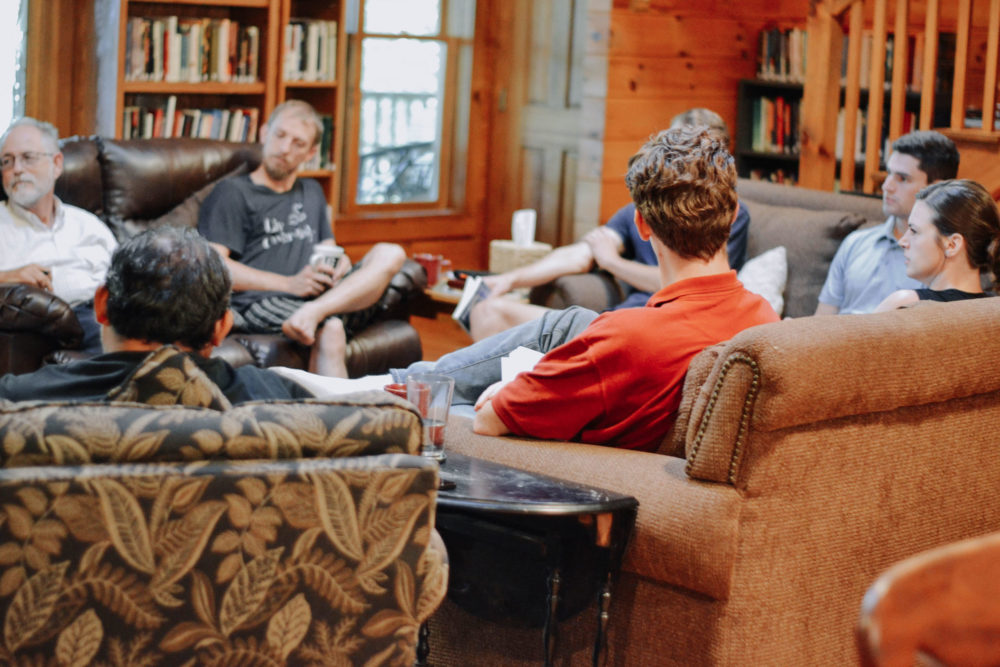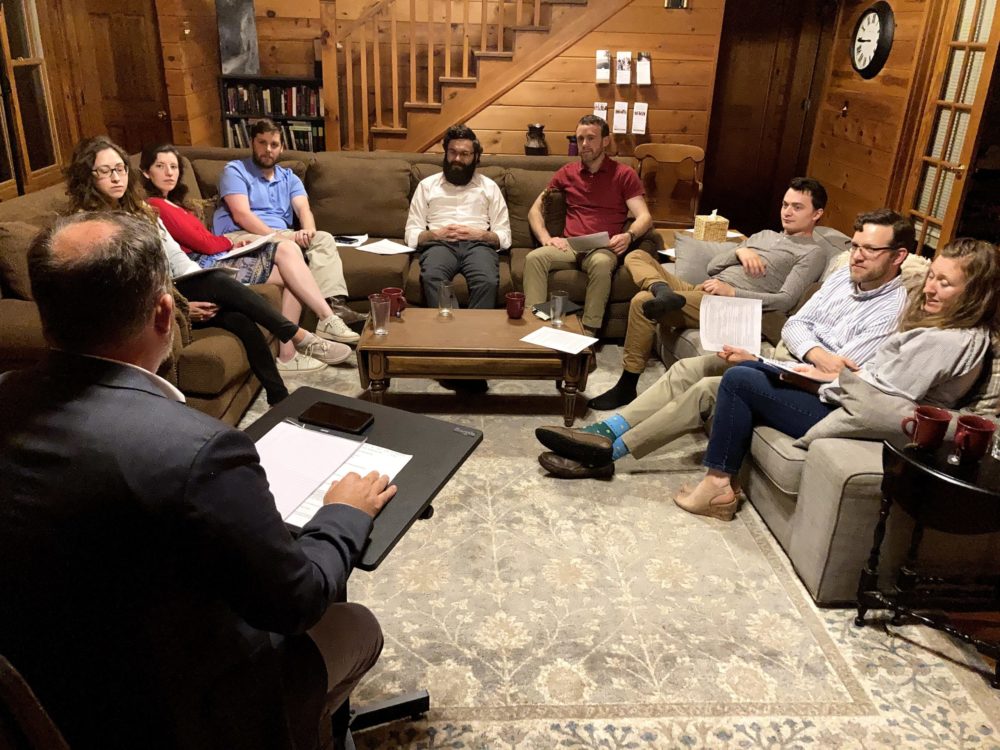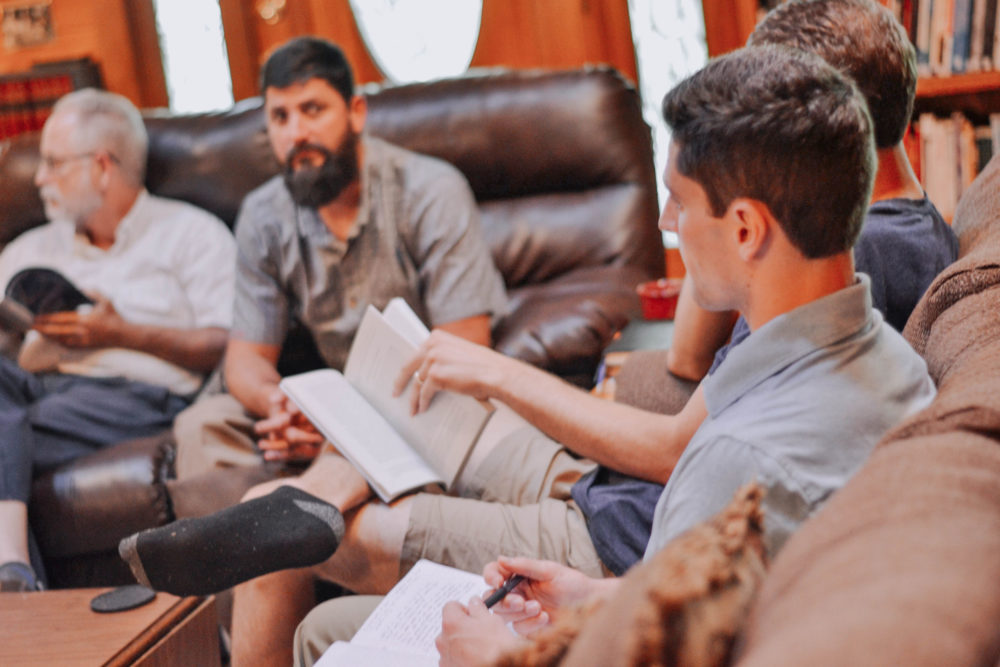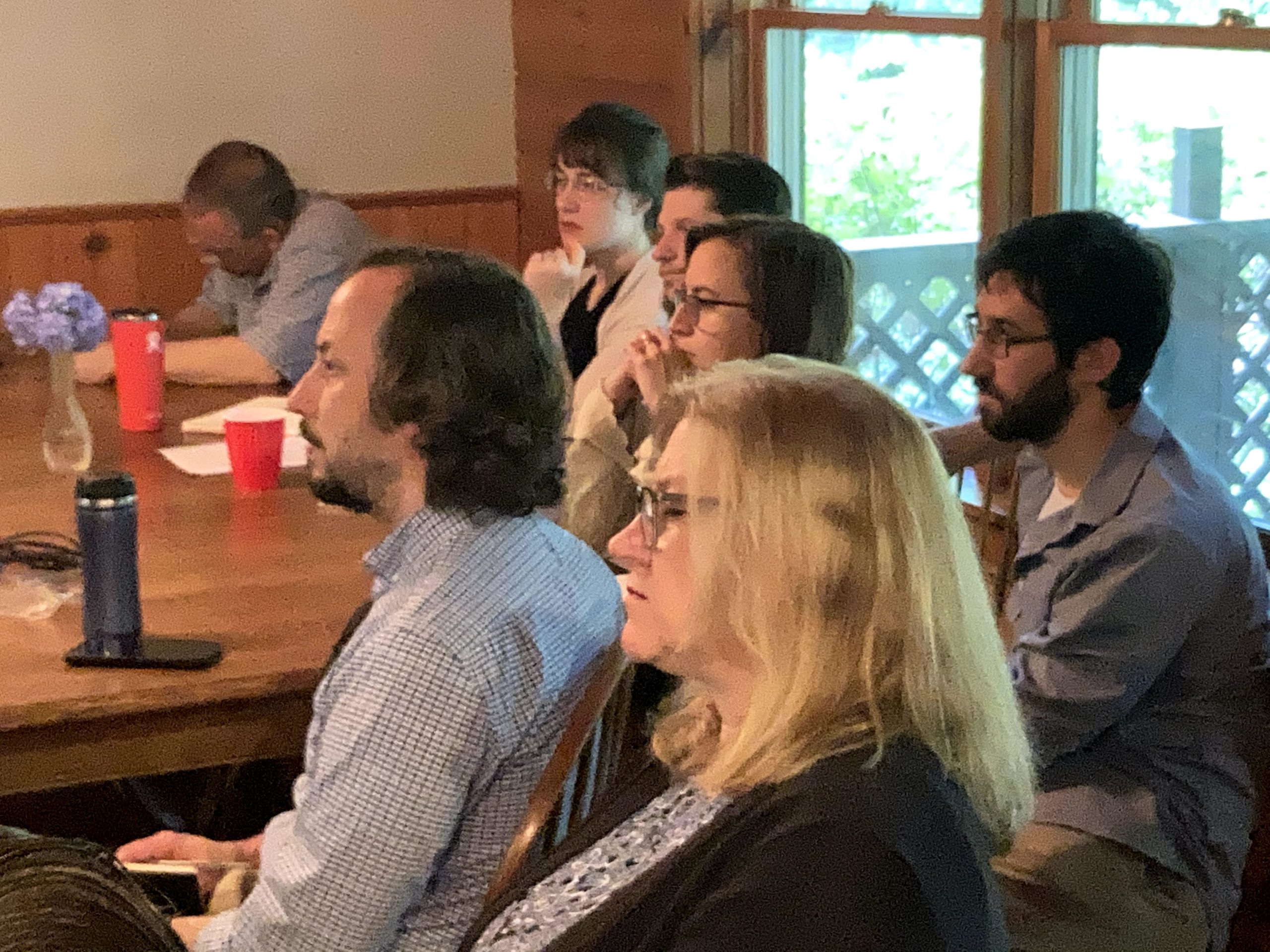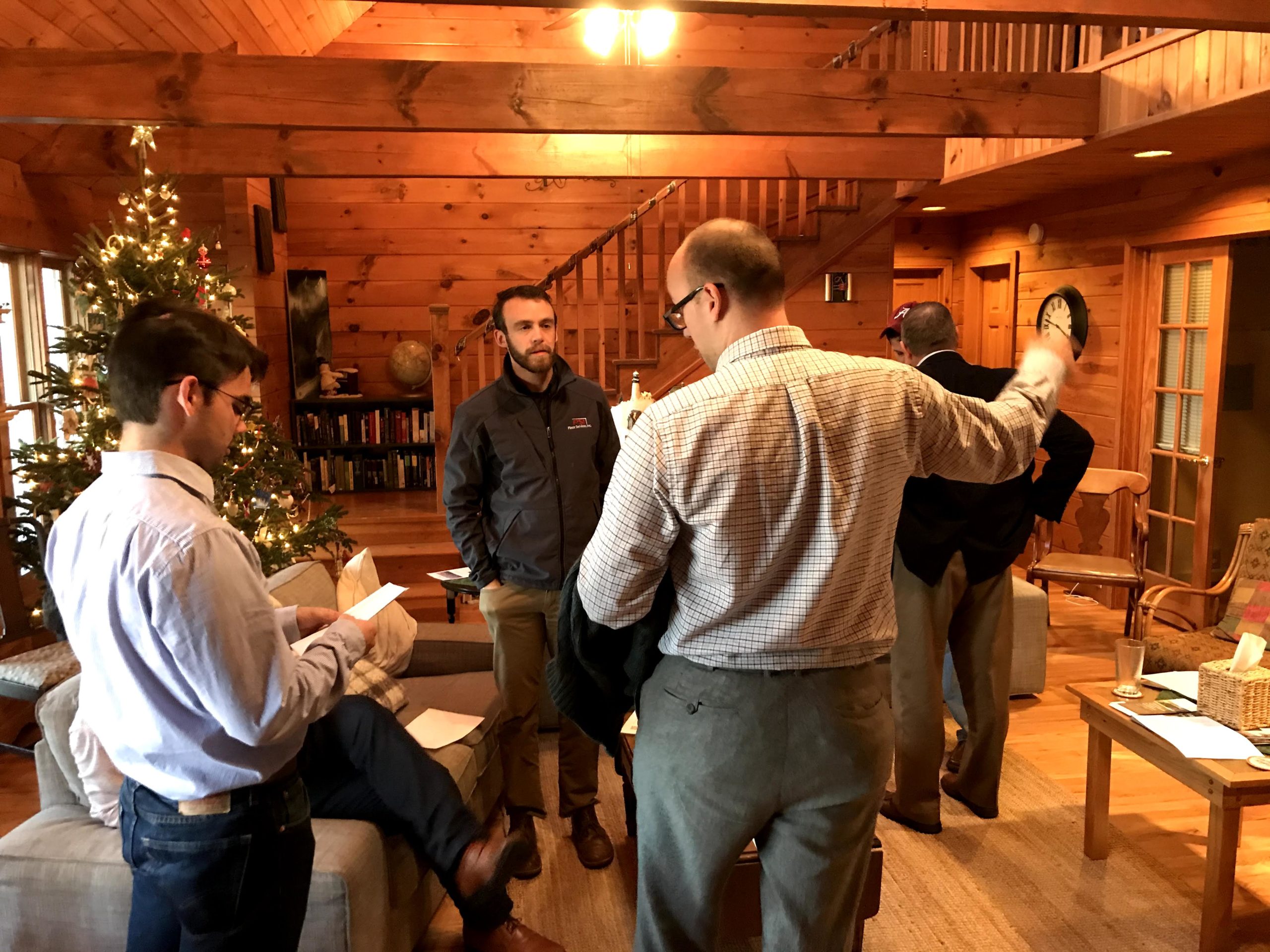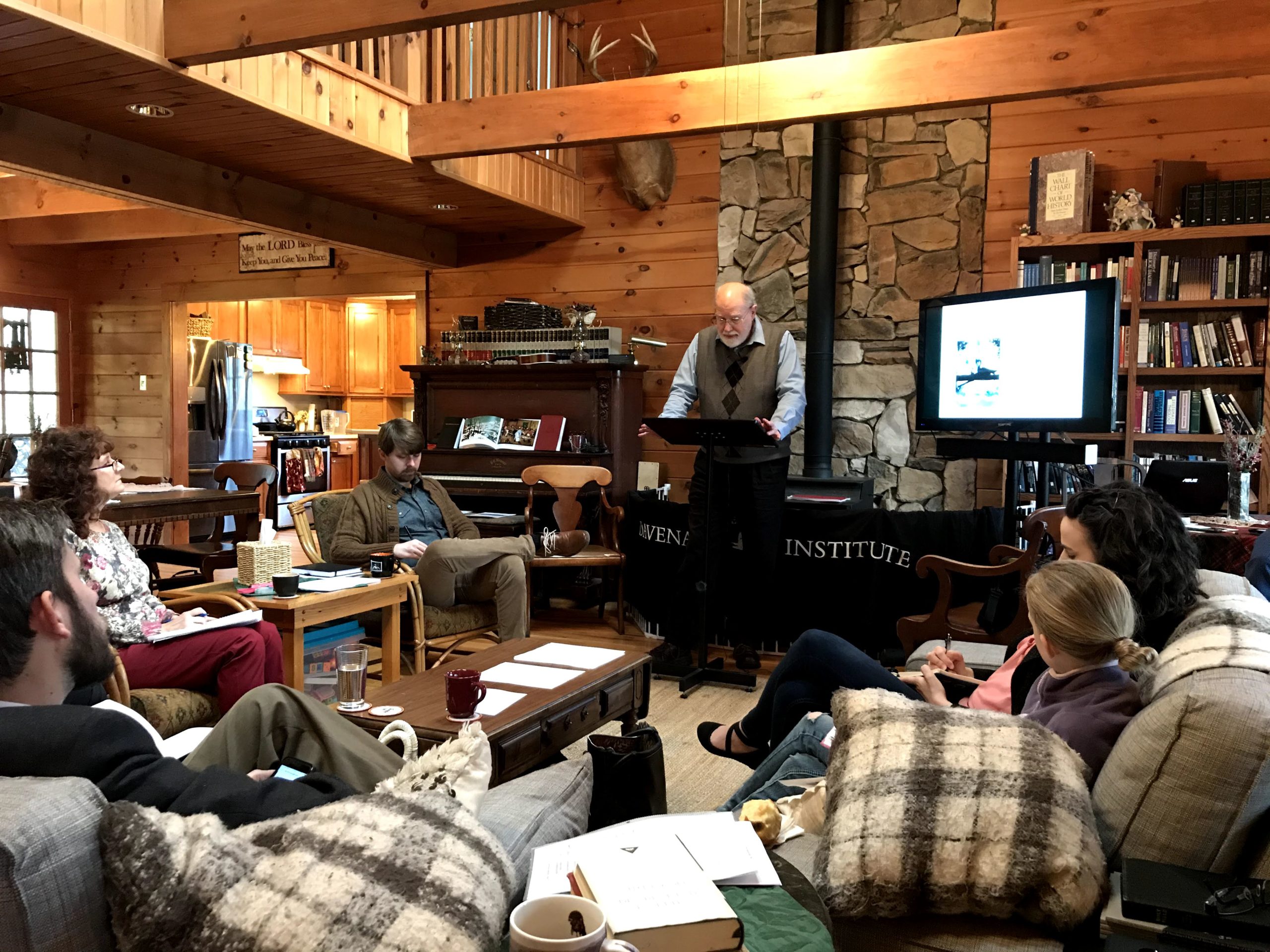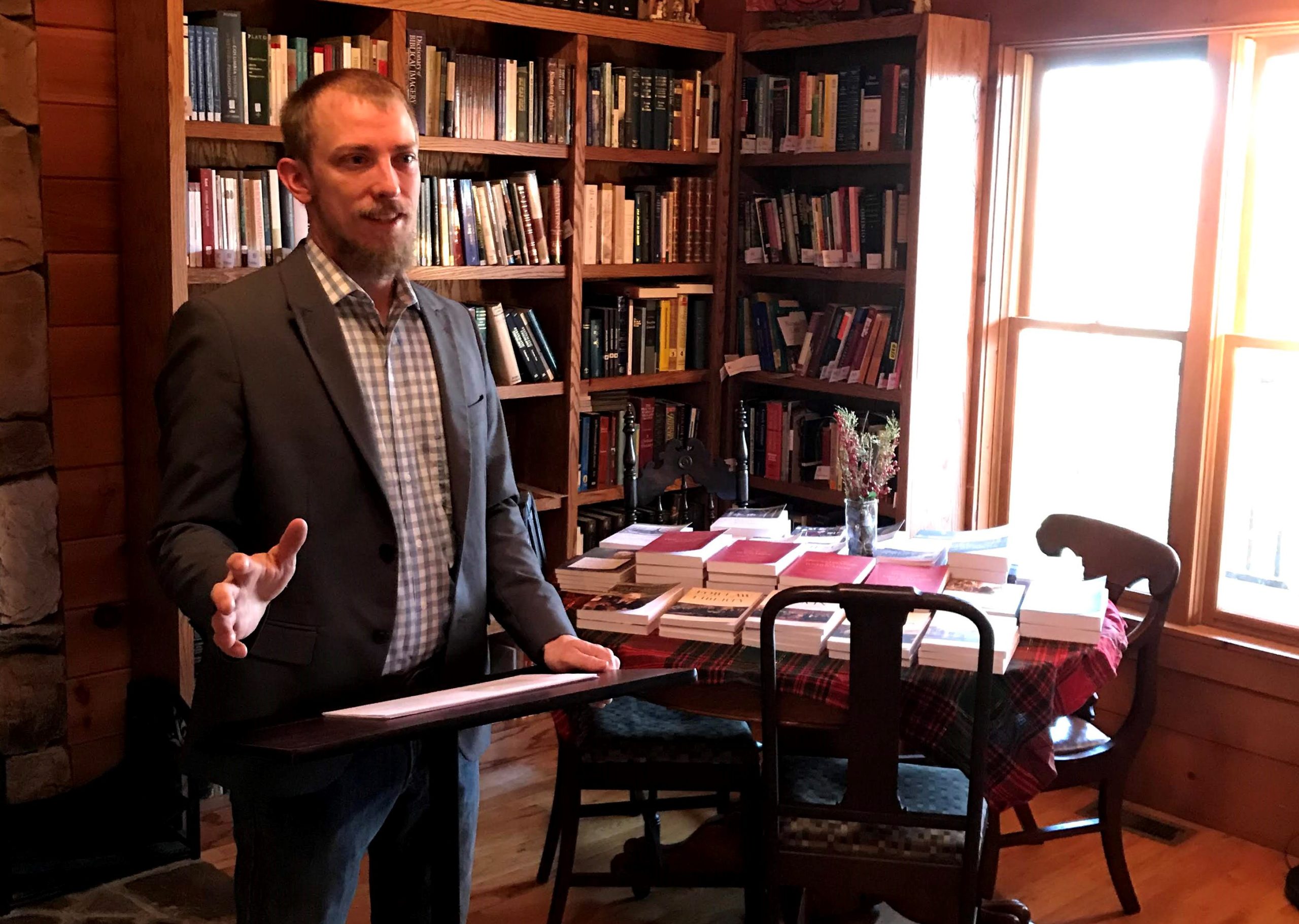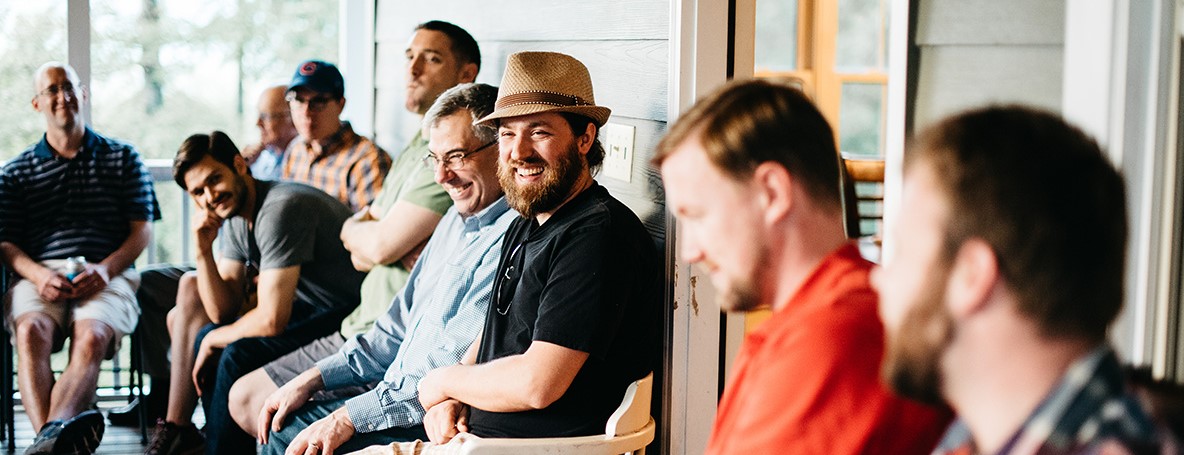
Talk ~ Laugh ~ Share ~ Feast ~ Learn ~ Grow
Davenant Discussions
A monthly gathering where we discuss a chosen topic and either invite a
speaker to lead us through the topic or follow the lead of an author in a
chosen reading. There’s no homework and you’re always welcome to
jump in and participate.

Friday, Nov. 4th, 6:30 p.m.
A Trinity Shaped Life: Why the Triune God
Changes Everything with Dr. Ryan McGraw
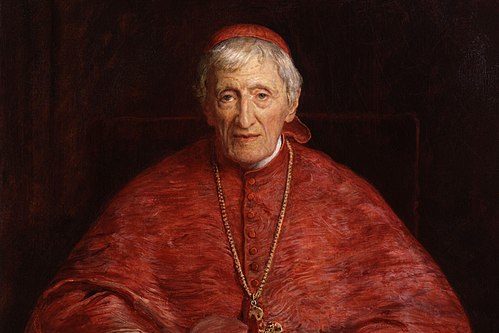
Friday, December 2nd, 6:30 p.m.
Wisdom and Authority: A Reformed Catholic
Appraisal of 19th Century Roman Catholic
Developments with Dr. Shep Shepherd

Saturday, Feb. 18th, 10 a.m. to 3 p.m.
Truth and Lies in Private and Public Life
with Dr. Christopher Tollefsen
Past Davenant Discussions
AMAZING GRACE: LESSONS ON CULTURAL ENGAGEMENT FROM WILLIAM WILBERFORCE AND HIS FRIENDS with Dr. Nathan Finn
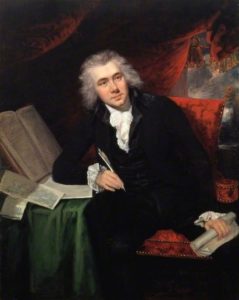
Some Christians are “doctrine people” who are deeply committed to orthodox theology and ethics shaped by Scripture and the best of the Christian tradition. Other Christians are “piety people” who are mostly concerned with walking closely with Christ and pursuing personal holiness and spiritual maturity. Still other Christians are “justice and mercy people” who are committed to challenging injustice and promoting the common good. Finally, some Christians are “Great Commission people” who are passionate about spreading the gospel to the spiritually lost and promoting mission work among the unreached. While this sort of division is overly simplistic, we are always tempted to overemphasize some elements of the Christian life at the expense of others. In William Wilberforce (1759-1833) and his close friends, the so-called Clapham Saints, we have a historical example of holistic Christian faithfulness that embraced the importance of both doctrine and piety, both justice and evangelism.
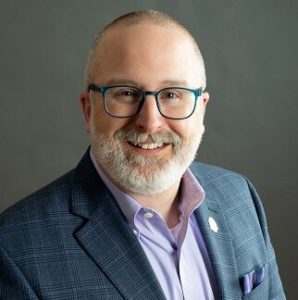
Dr. Nathan Finn serves as Provost and Dean of the University Faculty at North Greenville University in Tigerville, SC. He is a historical and systematic theologian with expertise in Baptist history and thought. Most recently, Nathan is co-editor of Historical Theology for the Church (B&H Academic, 2021) and the forthcoming Theological Handbook for the People of God (B&H Academic, 2022). He has also published popular essays for The Gospel Coalition, Public Discourse, Baptist Press, Christianity Today, and the Ethics and Religious Liberty Commission. Nathan is an ordained minister in the Southern Baptist tradition who frequently preaches and teaches in local churches. He has been married to Leah for 21 years and is the father of four children.
Word and Fire: Christ, Science, and Creation with Dr. Paul S. Julienne

The world known to the sciences spans a vast range of phenomena that often seem strange and unfamiliar compared to the ordinary everyday world in which we live. Furthermore, many people think that science and Christian faith conflict with one another. The two talks of this series look at how we might think about these matters holistically using the resources within the Christian tradition. The first talk, “Word,” will examine some characteristics of contemporary science and look at the similar yet different ways we come to knowledge in the scientific and Christian communities. The second talk, “Fire,” will look at the classical philosophical/theological notion of creation ex nihilo, drawing especially upon the perspectives of Thomas Aquinas to articulate the relation between God and the world. The created order in which we participate is a gift where the different knowledge from the sciences and from revelation can cohere and all things hold together in Christ.
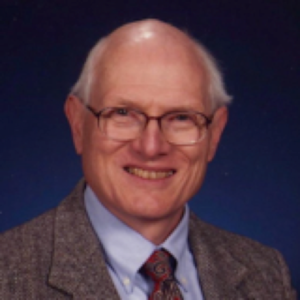
Paul S. Julienne is retired from his career as a physicist at the National Institute of Standards and Technology (NIST) and the Joint Quantum Institute of NIST and the University of Maryland. He has published over 250 scientific papers involving phenomena in atomic, molecular, and optical physics. He has a long-standing interest in the interface of science, theology, and philosophy and has developed Sunday school classes bringing an Anglican perspective to these matters.
The Doctrine of Assurance: Early Debates and Ongoing Significance with Dr. Jonathan Master
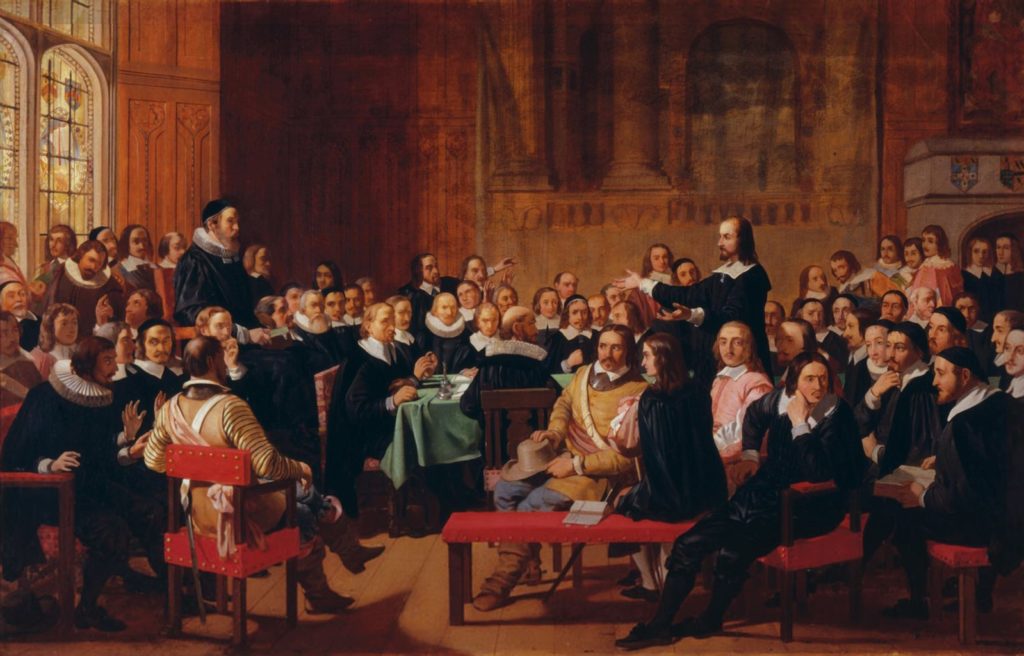
Can we ever know that we are saved? If so, how? Find out why the doctrine of assurance was called the most dangerous doctrine of the Protestant Reformers, and why it still matters for Christians today.
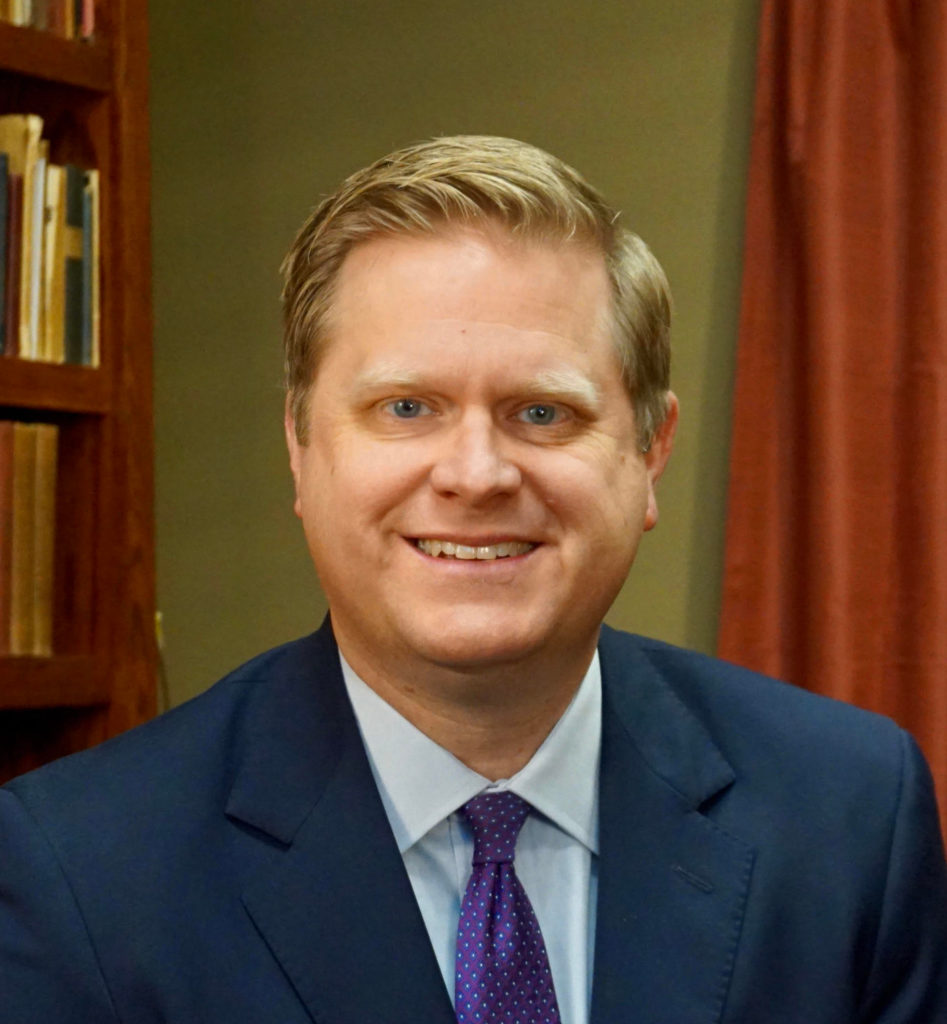
Jonathan Master (Ph.D., University of Aberdeen) is President of Greenville Presbyterian Theological Seminary, Associate Editor for The Banner of Truth Magazine, and co-host of the Theology on the Go podcast. Dr. Master is the author of the books Growing in Grace (Banner of Truth, forthcoming) and A Question of Consensus: the Doctrine of Assurance after the Westminster Confession (Fortress, 2015), co-editor (with Dr. David W. Hall) of On Reforming Worship (Covenant Publications, 2018), and editor of The God We Worship: Adoring the One Who Pursues, Redeems, and Changes His People (P&R, 2016). He is married to Elizabeth, and they are the parents of two daughters.
Where Shall Anthropology Be Found in Wisdom? with Dr. Benjamin Quinn
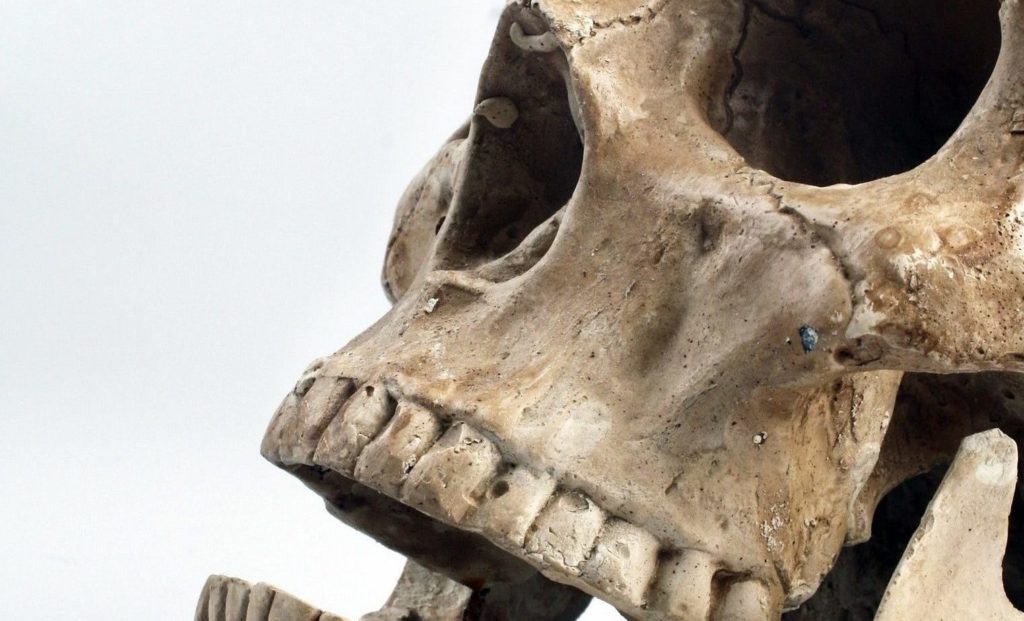
What does Proverbs teach us about what it means to be human? We’ll discover that Proverbs (and, Dr. Quinn would argue, the Scriptures on the whole) are more concerned with being human than with answering the many concerning what is a human being, important though these questions are.

Dr. Benjamin Quinn serves as Associate Dean for Institutional Effectiveness and Assistant Professor of Theology and History of Ideas at Southeastern Baptist Theological Seminary and the College at Southeastern. He also serves as pastor of Holly Grove Baptist Church in Spring Hope, NC. Benjamin earned his doctorate of philosophy in theology from the University of Bristol, U.K., and lives with his wife and four children in Youngsville, NC.
Between Legalism and Antinomianism: the Law-Gospel Debate in Modern Protestant Theology with Rev. Dr. Jady Koch
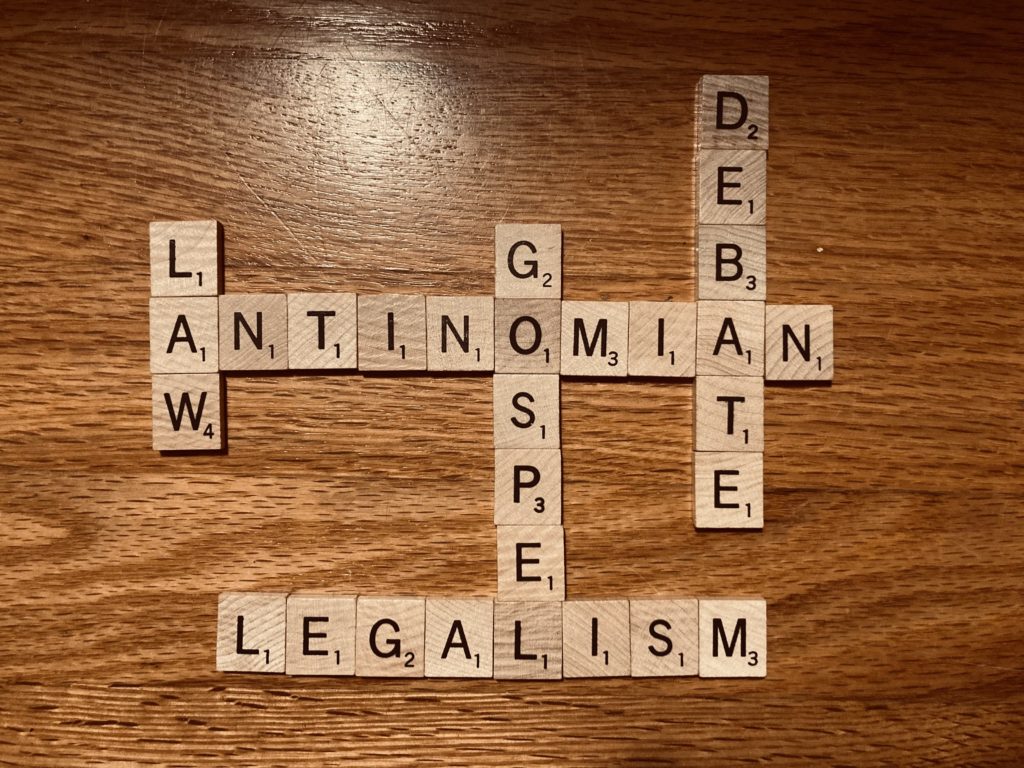
In the 500+ years since Martin Luther nailed his 95 theses to the church door in Wittenberg, few aspects of his subsequent theological reformation remain as contentious and debated as the distinction between law and Gospel. Indeed, to this day the discussion divides not only Roman Catholics from Protestants, but is hotly debated within Protestantism itself; there is an agreement on the importance of the distinction, but a decided lack of consensus about how it should be understood and implemented. Far from a merely academic dispute, how one understands this important theological concept will largely determine his or her reading of scripture, the purpose and nature of the church, and—according to Luther—the Gospel itself. “I lacked nothing before this [revelation]” . . . he wrote, “. . . except that I made no distinction between the law and the gospel. I regarded both as the same thing and held that there was no difference between Christ and Moses except the times in which they lived and their degrees of perfection. But when I discovered the proper distinction – namely, that the law is one thing and the gospel is another – I made myself free.”
Come learn about how this debate over how to understand this important distinction is taking place today and the various arguments concerning how this distinction can help combat (or perpetuate!) the errors of legalism, antinomianism, and gnosticism.

A graduate of Washington & Lee University (2000) and Trinity School for Ministry (2007), The Rev. Dr. John D. “Jady” Koch earned his Doctorate in Systematic Theology at the University of Humboldt in Berlin, Germany in 2014. In addition to various articles and lectures, he is the author of The Distinction Between Law and Gospel as the Basis and Boundary of Theological Reflection, which was published in 2016 (Mohr/Siebeck) and explores the interrelationship between the doctrine of justification by faith alone and the preaching and teaching ministry of the church. Having served churches in Berlin, Vienna, and Louisville, KY, Jady is excited to have been called to Christ Church and is looking forward to continuing his work in bringing the truths of the Gospel to bear on the everyday realities of life in our modern world. He and his wife, Liza, have three children (Tucker, John, and Carrington) and about a thousand house plants. Dr. Jady Koch is Associate Rector at Christ Church Anglican in Mt. Pleasant, SC.
A comparative study of Hebrew and ancient near eastern temple theology with Dr. Sam Negus
When Christ proclaimed that he would destroy the temple and raise it up in three days, and when Paul taught his converted Christ-followers that they were each God’s image and their bodies were his holy temples, what did such statements mean to their hearers? How did the ancient Hebrews understand the meaning of their temple, and of God’s presence within it? To answer such questions, we must look both at the Scriptures themselves and at the religious “worldview” of their ancient near eastern neighbors–the cultures with which ancient Israel and Judah lived “in dialogue”. Although God is transcendent, unchanging, and eternal, he reveals himself to mankind in time through human institutions, human language, and human culture. Thus, without understanding the culture, institutions, and symbolic language of the ancient near east, we may struggle to hear all the resonances of God’s self-revelation. In this Davenant Discussion, I will use the biblical accounts of the construction and dedication of the Tabernacle and the Temple as a case study in how to read the Bible with the eyes and ears of its original hearers.
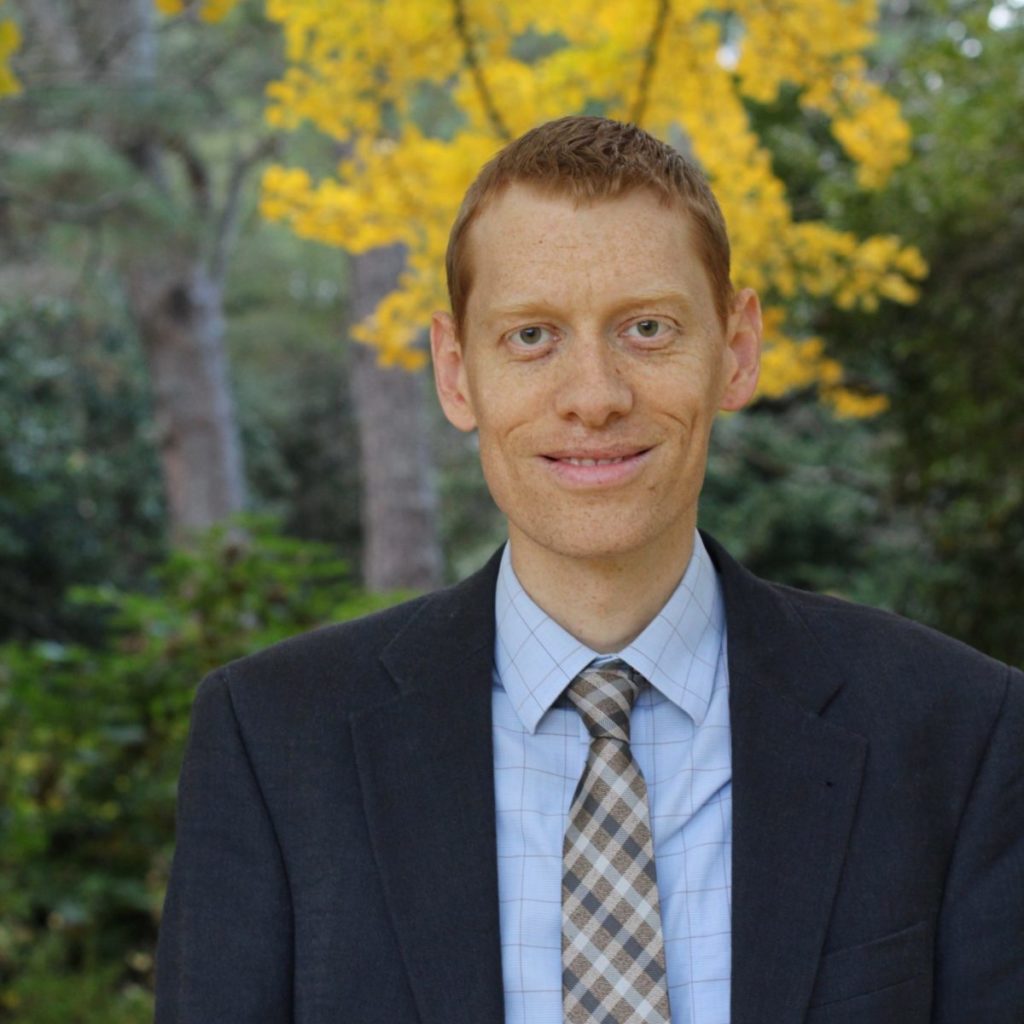
Dr. Sam Negus is a student of American history with nearly two decades’ collegiate and high school teaching experience, including as a visiting assistant professor at Hillsdale College and as instructor of history at the Atlanta Classical Academy. He lives with his wife and daughter in Asheville, North Carolina, where he enjoys hiking and partaking of the local fare, often concurrently.
Christian Statesmanship in an Age of Charlatans: Lessons from the Life of John Jay with Dr. Brad Littlejohn
In an age of charlatans on the Right and hypocrites on the Left, it is easy to become deeply cynical about politics. But Christian statesmanship–and Christian citizenship–means learning to avoid the pitfalls of both cynicism and idealism, neither abandoning all hope in the possibility of morality in politics, nor yielding to the revolutionary temptation to ram through a perfectionist ideology. If we despair of finding models of Christian statesmanship in the contemporary landscape, we can at least find inspiration from the past, and particularly from the early years of the American Republic. In this lecture, I will introduce you to the remarkable life and work of John Jay, one of the great architects of the American nation. Lawyer, writer, constitutionalist, diplomat, peacemaker, chief Justice, governor–John Jay wore many hats during the tumultuous years of Revolution and nation-building, from 1774 till his retirement in 1801, but throughout it all, he wore his identity as a disciple of Christ above all, and leaned on his faith to guide him confidently through conflicts that would have brought many men to despair. Join us for an evening of learning about Jay’s life, faith, and political principles, and what Christians today can learn from his model statesmanship.

W. Bradford Littlejohn is the President of the Davenant Institute. He has a PhD in Theology and Ethics from the University of Edinburgh where he focused on the concepts of law, authority and Christian liberty in the English Reformation and on the thought of sixteenth-century Anglican, Richard Hooker. Littlejohn wrote his dissertation under the supervision of Oliver O’Donovan and Joan Lockwood O’Donovan. He is the author of The Peril and Promise of Christian Liberty: Richard Hooker, the Puritans, and Protestant Political Theology.
FINDING UNITY IN THE MIDST OF POLITICAL DIVISION: FRIENDSHIP, FORGIVENESS, AND REPENTANCE WITH DR. NICK HIGGINS
Modern politics has often sought to create coalitions through shared objects of fear and anger. Yet, we know that a political community can not survive with these emotions turned up to 11. How can the ancient concept of friendship, particularly expressed in Aristotle provide a better understanding of political relationships, and how can it bring about the goal of a limited power in the political order? When friendship seems so distant what role does forgiveness and repentance have in the political order, and can our Biblical understanding serve as a model for our political relationship?
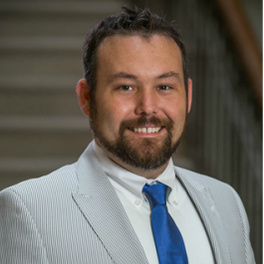
Nicholas Higgins is husband to Anita and father to 6 children. He is Associate Professor and Department Chair of Political Science, Criminal Justice & Legal Studies at North Greenville University. Nicholas received a B.A. from Patrick Henry College, a Master’s from the University of Dallas, and his Ph.D. from the University of North Texas. He and his family are members in the Orthodox Presbyterian Church.
WISDOM FROM DANIEL: POST-ELECTION REFLECTION WITH PASTOR PETER VANDOODEWAARD
Our times appear dark and confused, and American Christians accustomed to religious liberty, social stability and prosperity now face the increasing possibility of a very different kind of world. How does the church stay on course in turbulent times? How do we resist the temptation to fear? How do we engage in the public square? How do we stay on mission? Lessons from the book of Daniel will help us consider the answers to these and other questions – questions common to the experience of God’s believing people across the ages.
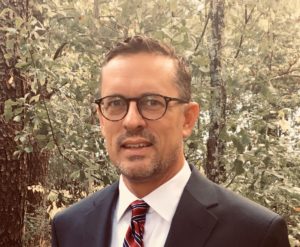
Peter Van Doodewaard serves as pastor of Covenant Community Orthodox Presbyterian Church in Taylors, South Carolina. He is married to Lauralee, and the Lord has blessed them with eight children.
Wisdom (Sapientia) in St. Augustine
From childhood to conversion to Bishop of Hippo, Wisdom (sapientia) features prominently in Augustine’s work, and tracing it’s development in his writings offers deep insight into his thought and life. This lecture series considers what wisdom is and how it affects the life and thought of St. Augustine.
Dr. Benjamin Quinn serves as Associate Dean for Institutional Effectiveness and Assistant Professor of Theology and History of Ideas at Southeastern Baptist Theological Seminary and the College at Southeastern. He also serves as pastor of Holly Grove Baptist Church in Spring Hope, NC. Benjamin earned his doctorate of philosophy in theology from the University of Bristol, U.K., and lives with his wife and four children in Youngsville, NC.
Session1:
The Davenant Institute · Davenant Discussions, The Story of Wisdom in Saint Augustine, Session 1
Session 2:
Augustine's Confessions
We had wonderful discussion as we explored the riches of the first part of Augustine’s Confessions together. Unfortunately, there is no audio of our informal discussion, but we’d love to have you join us in the future (Contact Us if you’d like to express interest in joining). The relevance of Augustine for our lives today may surprise you. This is rooted in his continuous allusion to and thorough centeredness upon the Scriptures. There are many opportunities to ponder application and relevance to our lives and for the church today.
The Confessions begins: “You are great, Lord, and greatly to be praised; great is your power, and infinite is your wisdom. And man desires to praise you, for he is a part of your creation; he bears his mortality about with him and carries the evidence of his sin and the proof that you resist the proud.”
This sets the tone for the entire work as Augustine recounts his personal history of rejection of his mother’s faith, rebellious years, philosophical and theological explorations and wanderings, and subsequent transformation by God’s work of grace in saving him. Interwoven throughout are rich theological musings and prayers that have blessed followers of Christ and deeply impacted the church for over 1500 years. For example, just from the first chapter:
“I would not exist – I would simply not be at all – unless I exist in you, from whom and by whom and in whom all things are.”
“The house of my soul is too narrow for you to come in to me; let it be enlarged by you. It is ruins; restore it.”
“However, Lord, to you most excellent and most good, architect and governor of the universe, thanks would be due, our God, even if you had not willed that I should survive my boyhood.”
We will do well to consider these truths together and retrieve the riches of what Augustine has left us in his Confessions! Use our Contact Form if you’d like to join us for this or other future book discussions!
Why Believe the Bible? with Rev. Michael Spangler
Michael Spangler has done work on translating from the Latin van Mastricht’s Theologica theoretico-practico, a comprehensive manual of exegesis, dogmatics, elenctics, and practice, a mature and wholesome example of late 17th-century Reformed Orthodoxy. Jonathan Edwards said of it, “Take Mastricht for divinity in general, doctrine, practice and controversy, or as an universal system of divinity; and it is much better than Turretin or any other book in the world, excepting the Bible, in my opinion.”
Rev. Spangler’s three talks were informative and practical. Translating von Mastricht is one of the most important retrievals of our time. Volumes 1 and 2 of the Theoretical-Practical Theology have already been published with four more volumes to follow. You can purchase them here from Heritage Books.
Theoretical-Practical Theology and the Bible: Mastricht’s life, his Theoretical-Practical Theology, and its chapter on Scripture.
In the Arena with the Bible’s Enemies: Mastricht’s methodical defense of Scripture’s truth and divine authority.
Defending the Bible in Your Own Life: Mastricht’s wise counsel for Christian apologetics today.
Ecclesiastes: Life in a Fallen World with Dr. Ben Shaw
Dr. Ben Shaw’s commentary on Ecclesiastes was recently published by Banner of Truth. Drawing on his expertise as a Hebrew scholar, Dr. Shaw shows that answers to questions on living in a fallen world as redeemed people are to be found in the Old Testament book of Ecclesiastes. Shaw’s book is designed for non-specialists and sheds light on its message for all who are willing to listen to its wisdom. You can purchase a copy here from Banner of Truth.
Dr. Shaw shared 3 lectures along with much wisdom in the discussions we had following each one.
Where in the (Intellectual) World is Ecclesiastes? From What Perspective Ought we to Read this Book?
Impermanence and Permanence: Living in an Ever-changing/Never-changing World
Life in Fullness: Where Ecclesiastes Takes Us
“There were other joys to be found in their company which still more powerfully captivated my mind – the charms of talking and laughing together and kindly giving way to each other’s wishes, reading elegantly written books together, sharing jokes and delighting to honour one another, disagreeing occasionally but without rancour, as a person might disagree with himself, and lending piquancy by that rare disagreement to our much more frequent accord. We would teach and learn from each other, sadly missing any who were absent and blithely welcoming them when they returned.”
